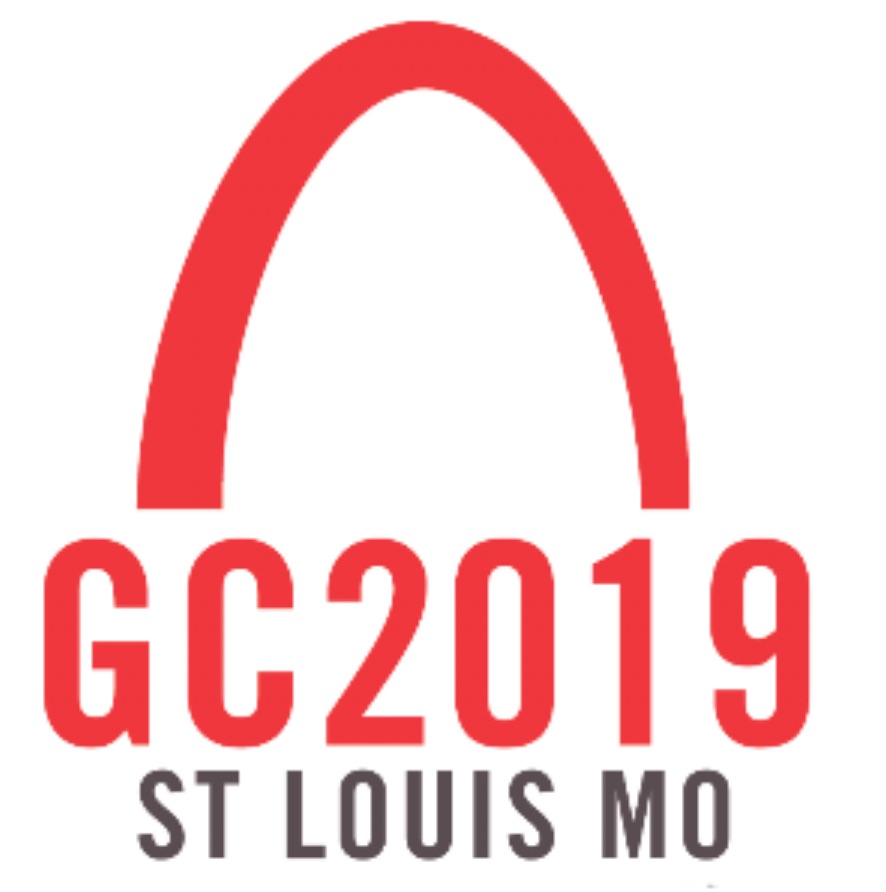Wish List for the Next Methodism
/Permit me to dream a little, or maybe a lot.
The debacle at last week’s General Conference was heartbreaking and tragic, yes, but it’s also an opportunity. Even though the United Methodist Church appears to be irretrievably broken, maybe something new is going to burst through the cracks of the old structure.
I mentioned that there is lots of talk going on at the moment about the possibility of creating a new Methodist movement, a brand-new denomination.
So while we’re talking about it, let’s sketch the contours of what might be ahead, first by considering what we could (finally) leave behind, and second, by dreaming of what we could actually incorporate in a new system.
What of United Methodism could we leave behind?
Obviously, my first answer is that we could leave our homophobia behind. We could leave behind the ridiculous statement that “homosexuality is incompatible with Christian teaching.” But there are other things we could do without, or at least reconsider:
— Our obsession with paperwork, forms, and counting things: Do I really need to say more?
— Lifetime terms for bishops: I would propose that bishops be allowed to serve up to 12 years, then must return to an appointment in their Annual Conference. This would require a true sense of humility and servanthood among bishops, and would equalize their relationships with other clergy.
— Legislating by Robert’s Rules of Order: There are other ways to run meetings besides voting, preferably something which favors spiritual discernment and consensus.
— An appointment system which favors white males: There is an unspoken “ladder of success” in appointments; somehow only white guys end up with the biggest pulpits and biggest salaries.
— Structural racism: See above, but also note that there is an amazing lack of UM resources devoted to south and west Dallas in our own conference.
— Emphasis on buildings and properties: I’ve noticed that appointments in our conference congregate around already-existing buildings, instead of recognizing that the best evangelistic opportunities in our society require being outside of the walls of a physical church.
What should we include in a new Methodism?
Again, my first response would be that a new church must fully affirm and include LGBTQ people. This is a non-negotiable. But there are other things that we might consider:
— Equalized clergy pay: In the Methodist Church of Great Britain, all pastors make the same salary, with only slight adjustments based on years served. This would completely eliminate the competition that pastors in the US feel about “moving up the appointment ladder.”
— Greater flexibility in pastoral appointments, including those outside of traditional church settings: Over the last few years, younger clergy candidates are consistently opting out of ordination because they feel called to ministry outside of the local church. We must find a way to allow them to follow their call while supporting them with a network of accountability.
— Greater flexibility in local church organization: If you’ve ever served on a church committee, you know that we are required to have a Board of Trustees, a Finance Committee, a Staff Parish Relations Committee, a Church Council, as well as a host of other committees or groups to effectively get things done. Small churches often have a difficult time filling all the positions required, so it makes sense to widen the options for organization.
— Conferences to be gatherings for corporate prayer and worship primarily: Every year, our Annual Conference provides numerous experiences to worship together, and these are the moments we remember. We don’t go home with fond memories of the pension report. More worship, less reporting and voting, please.
Those are some of my dreams for something new. What about you? What would you propose we leave behind? What do you hope we could include?




